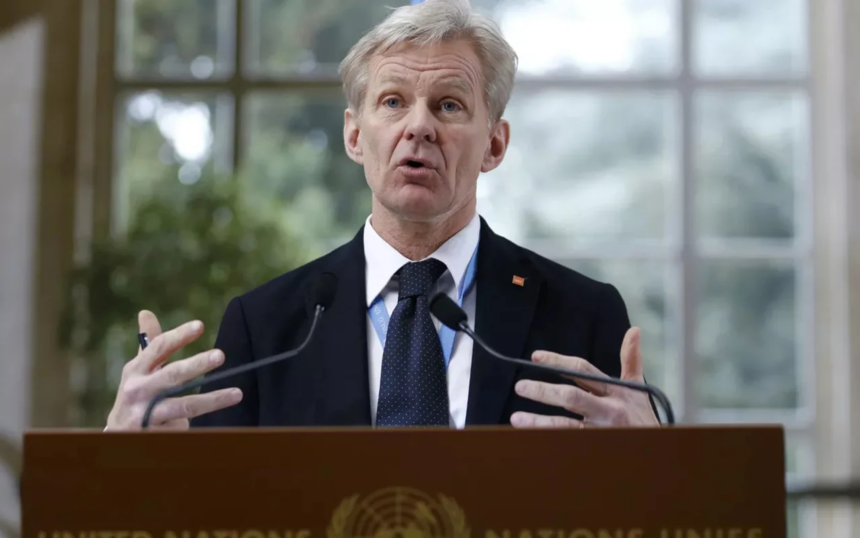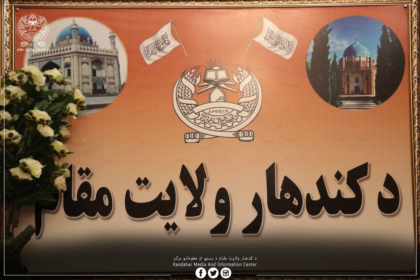RASC News Agency: As Afghanistan approaches the fourth anniversary of Taliban control, leading international relief agencies, prominent human rights advocates, and seasoned diplomats are issuing stark warnings of a nation on the verge of systemic collapse. The call for urgent, coordinated global intervention has reached new urgency as the regime’s repressive policies dismantle the very foundations of Afghanistani society. In his latest statement, Jan Egeland, Secretary-General of the Norwegian Refugee Council (NRC), delivered a blunt and urgent assessment of the situation, urging the world to confront what he described as “one of the most severe humanitarian crises of our era.”
Egeland condemned the Taliban’s sweeping decrees against women and girls, calling them a form of gender apartheid unparalleled in modern times. He noted that the withdrawal of international forces in 2021, followed by the abrupt suspension of NATO countries’ development aid, has pushed living conditions particularly for Afghanistani women into catastrophic decline. “We have been forced, due to chronic funding shortfalls, to remove female aid workers women who were often the only lifeline for Afghanistani women and girls,” Egeland said. “Their removal represents not just the loss of humanitarian assistance, but the deliberate erasure of women from public life under Taliban edicts.” The NRC chief revealed that hundreds of thousands of displaced Afghans have been forcibly repatriated from Pakistan and Iran in recent months, adding unbearable strain to a country already crippled by economic collapse, food insecurity, and a health system on the brink of failure.
Egeland warned:
“This is no time to turn away from Afghanistan. It is a moment for donor nations to return with emergency relief, sustainable development funding, and diplomatic presence to defend the rights of women, girls, and civilians, and to rekindle even the smallest spark of hope in a nation being suffocated by tyranny.” Having visited Afghanistan four times since the Taliban seized power, Egeland described conditions that have worsened with relentless inevitability. The most devastating effects, he stressed, have fallen upon women and girls, whose fundamental human rights have been systematically dismantled. In Taliban-run Afghanistan, there is no secondary or university education for girls; professional opportunities are throttled; civil freedoms have been stripped away; and humanitarian workers are harassed or expelled if they defy the regime’s misogynistic edicts. The so-called “security” brought by the Taliban has proven hollow merely replacing open warfare with the slow suffocation of civil society.
Egeland’s warning was not simply a humanitarian appeal it was a direct indictment of the Taliban’s calculated assault on human dignity and a rebuke to the international community’s creeping indifference. Without decisive intervention, he warned, Afghanistan risks sinking into a permanent state of humanitarian darkness, where its people especially its women are condemned to an existence devoid of education, opportunity, and freedom.






